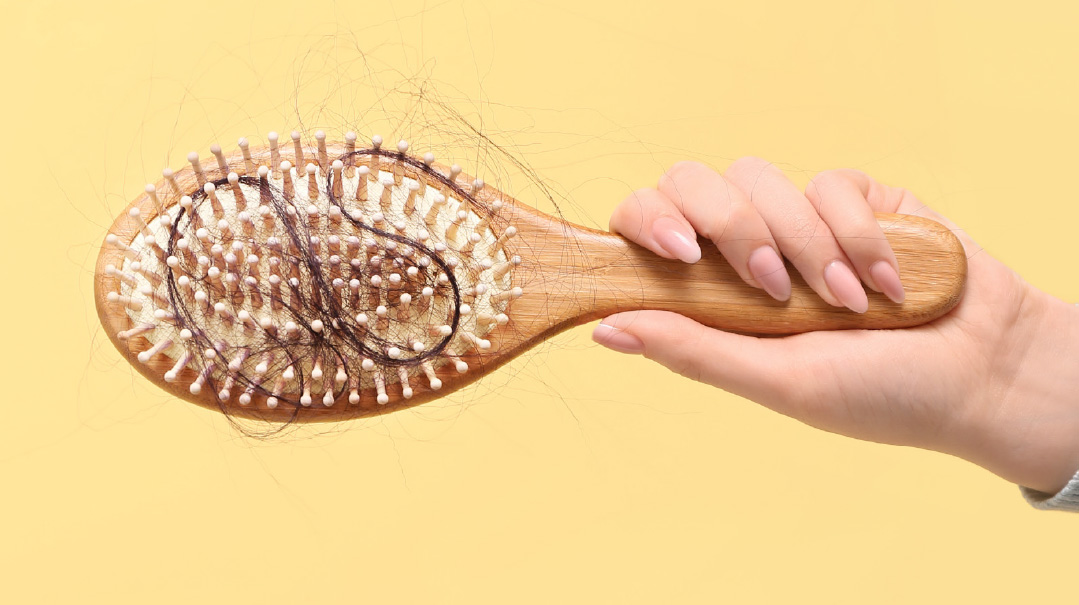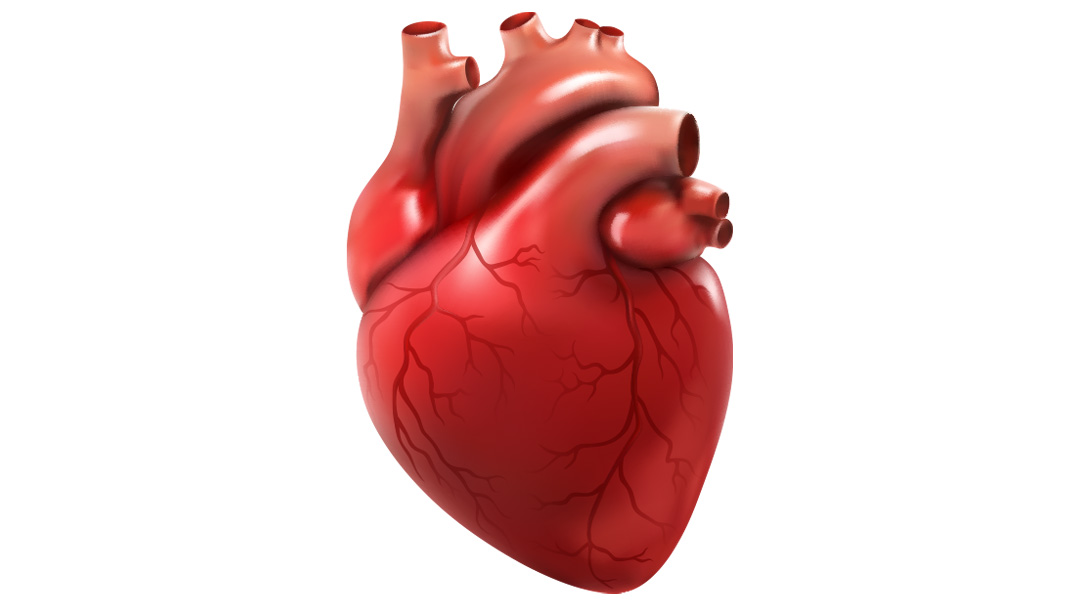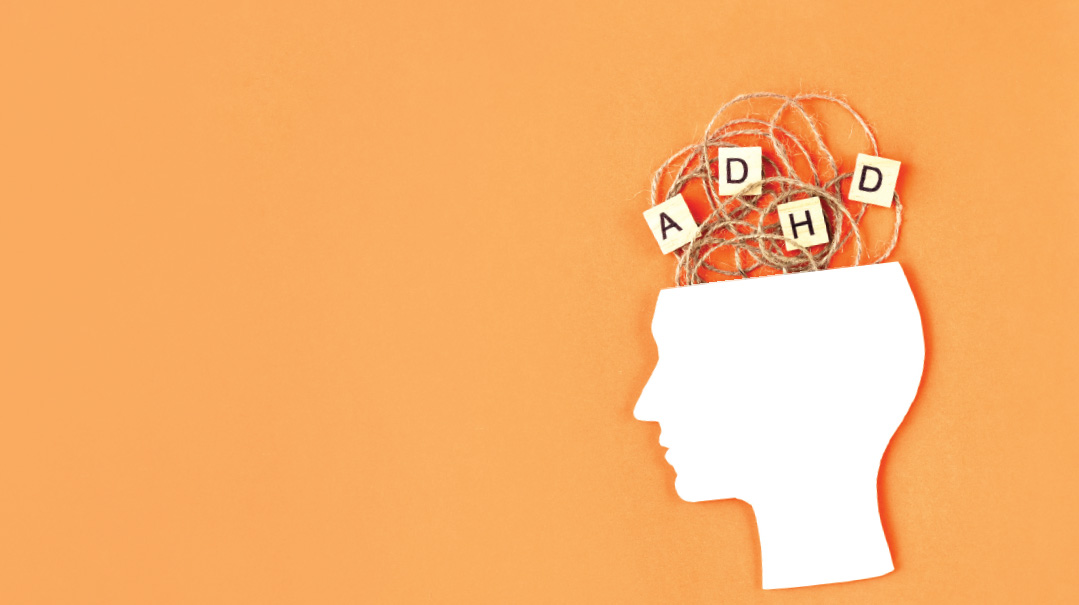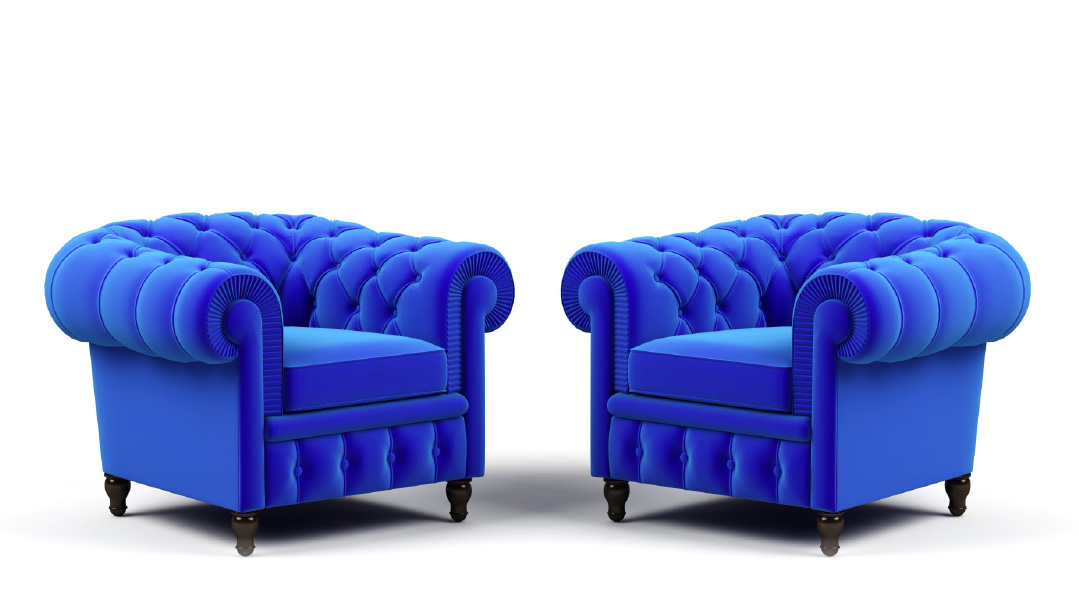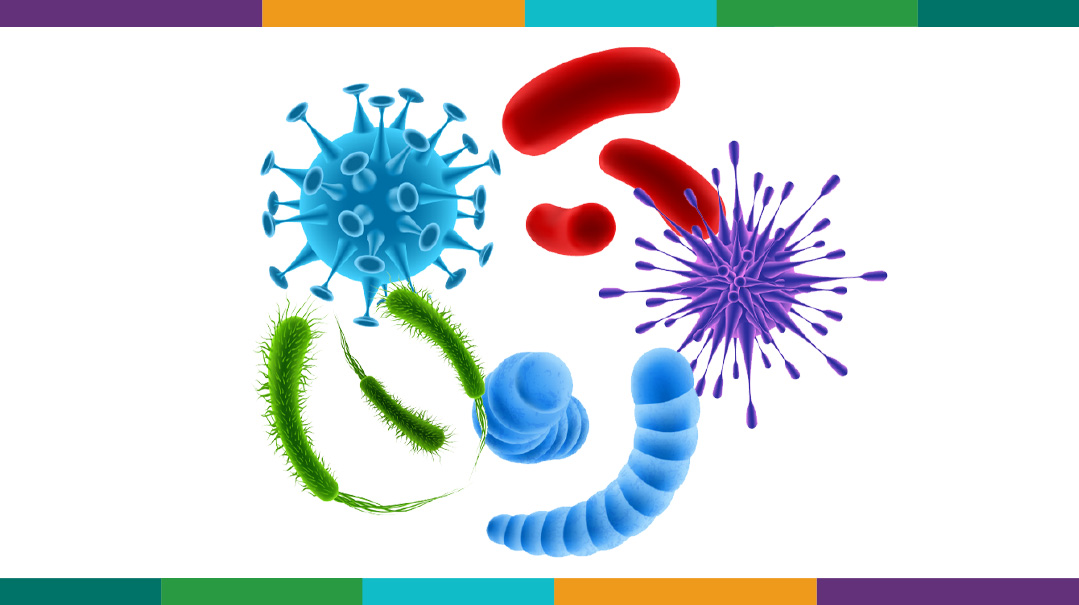5 Things I Wish You Knew about Having Insomnia

I can’t think of one “pro” of having insomnia. We literally cannot get out of bed in the morning
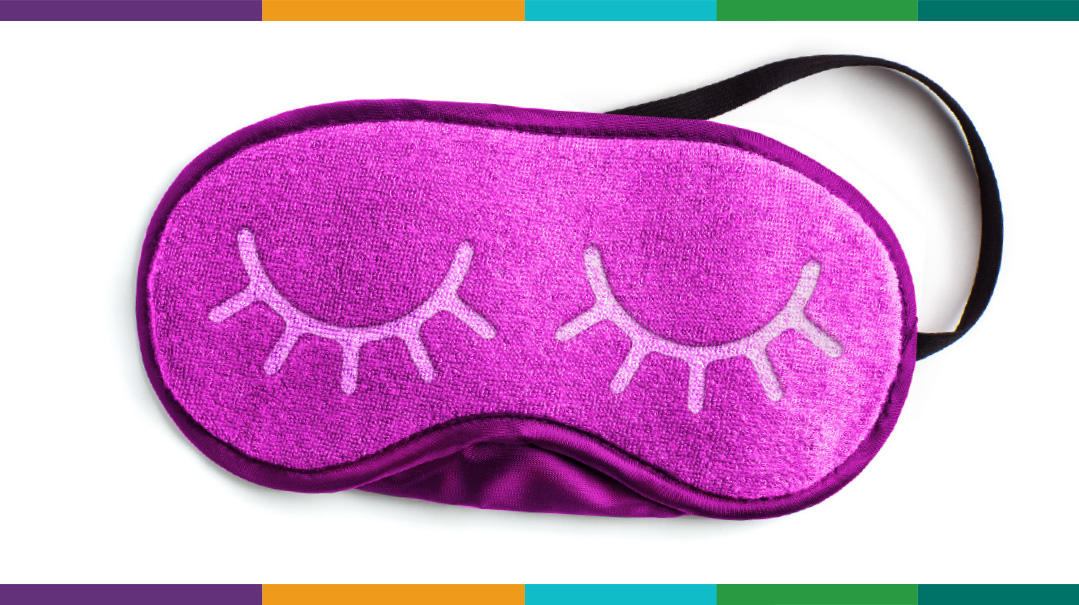
Sounds like a scary condition, but insomnia just means that a person is unable to fall or stay asleep at night. So while it’s not a scary thing, for us it’s seriously one of the most frustrating things ever! We can lie awake at night for hours, unable to fall asleep, or sometimes we’ll finally fall asleep and wake up for an hour at a time, or wake up multiple times a night. In a word… it’s exhausting.
Our bodies produce a hormone called melatonin, which tells us that it’s time to wind down and go to sleep. It basically helps control our sleep schedule. Thing is, the sleep schedule is delayed about three hours in the teenage brain. The typical teenage body doesn’t begin to produce melatonin until about 11:00 p.m., which means we tend to fall asleep later.
There are a few different types of insomnia. It can be acute, which means it’s short-term and just happens periodically for whatever reason, lasting from one night to a few weeks. Or it can be chronic, which means it lasts a long time. It’s considered chronic when you have insomnia at least three nights a week for three months or more. A third type is erratic — it just comes and goes. Finally, your insomnia might be primary or secondary; primary insomnia is when our sleep problems aren’t connected to any other health condition or problems, and secondary insomnia is when someone has trouble sleeping as a side effect of a different health condition (asthma, allergies, a cold, ADHD, anxiety, depression, among many others).
I don’t know if you can really prevent insomnia completely, but for occasional insomnia, there are things we have to make sure to do. They include trying to keep to a set sleep/wake schedule to get our bodies into a rhythm; avoiding blue light before bed (like phones and computers), which keep the brain awake; avoiding caffeine; avoiding oversleeping in the morning (hard one!); avoiding late-night heavy eating; taking a melatonin supplement; establishing a calming routine about 45 minutes to one hour before we want to go to bed. This can include a shower, relaxing with a book, soft music, or any form of “down time” that tells our bodies it’s time for sleep!
I can’t think of one “pro” of having insomnia. We literally cannot get out of bed in the morning, and the nights are long, frustrating, and actually lonely! The whole world is sleeping besides for us! Sometimes the anxiety of knowing we won’t be able to sleep will actually prevent us from falling asleep. The next day we can barely make it through the day because we’re so tired. It can cause us to be cranky, unfocused, and irritable, and our reflexes and instincts are much slower. My doctor said that chronic lack of sleep mimics ADHD in terms of what it does to the brain.
Thank you, SP for this contribution
(Originally featured in Teen Pages, Issue 907)
Oops! We could not locate your form.
